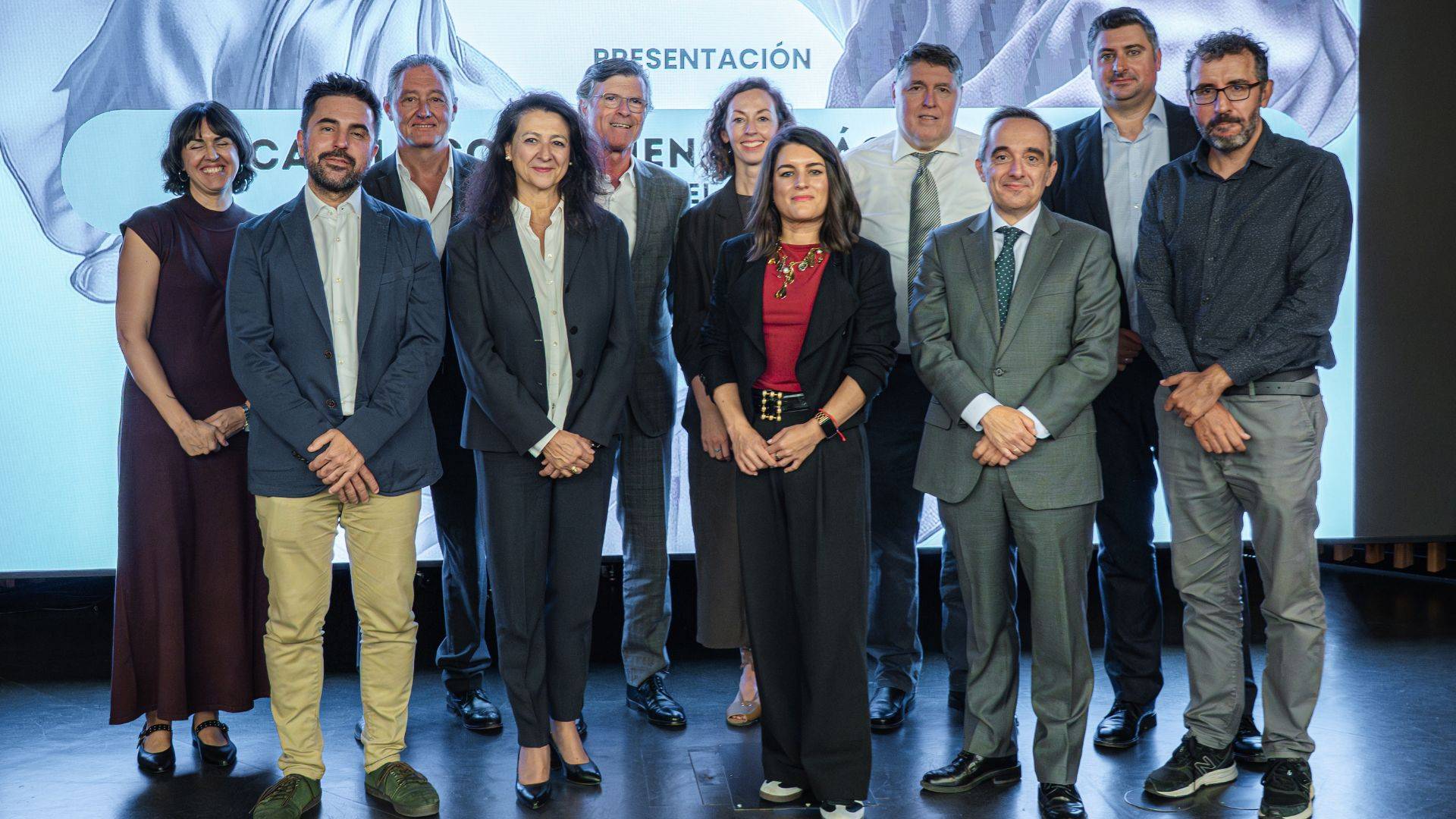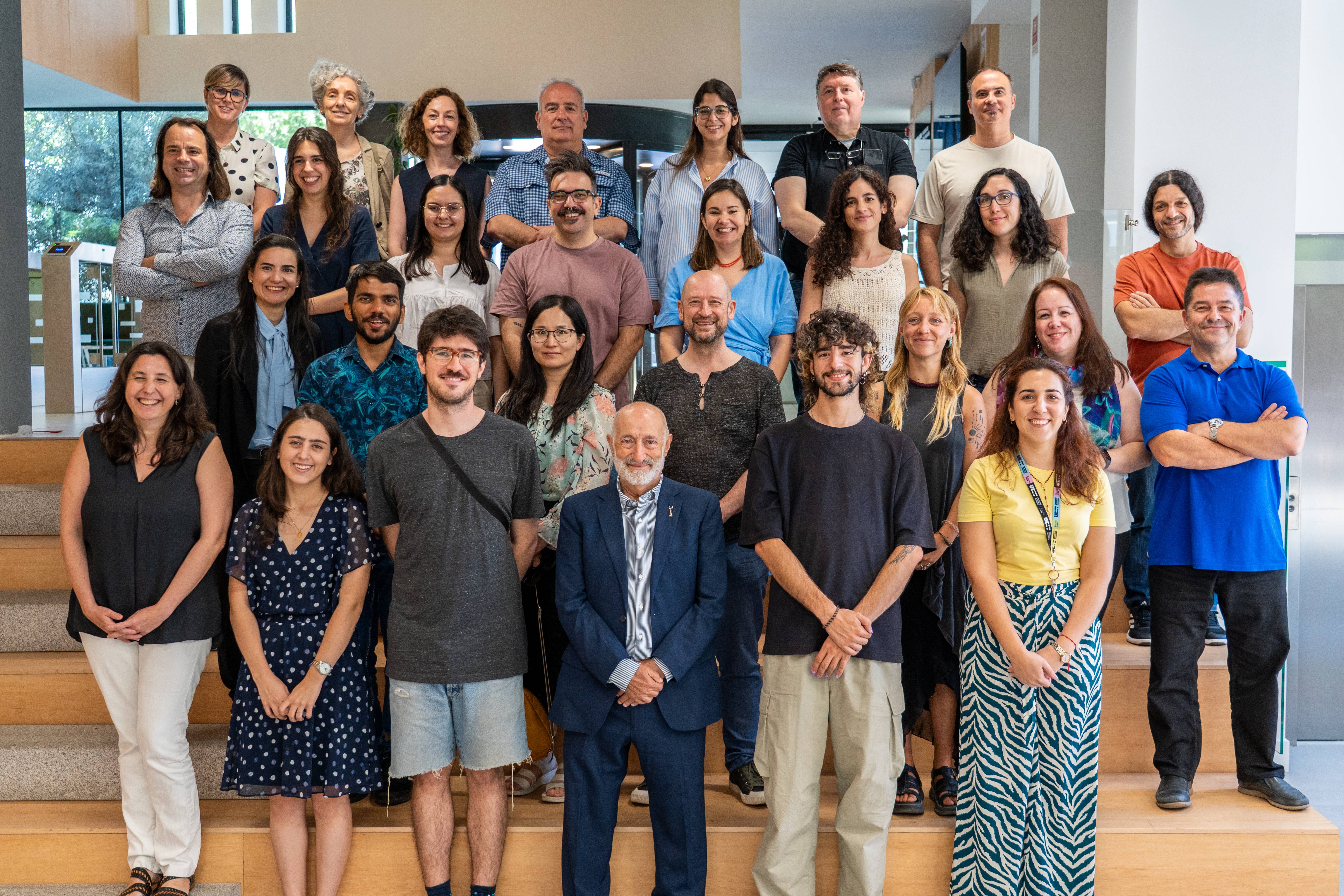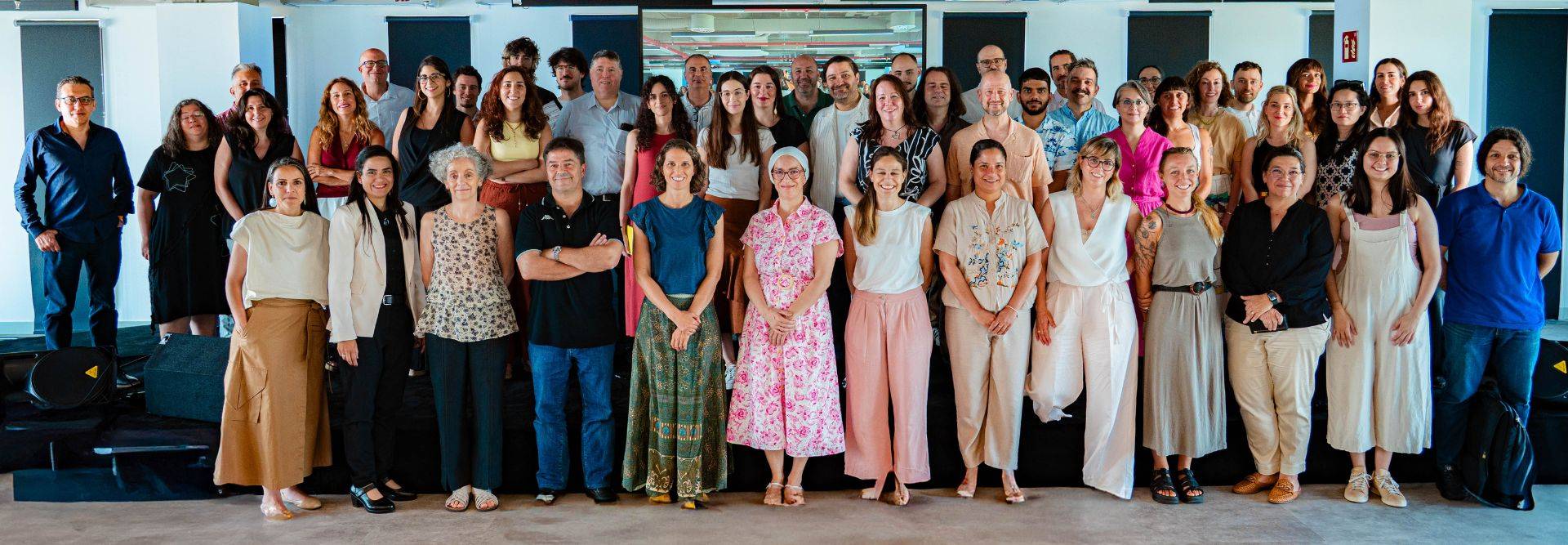UDIT participates in the ENACT Project in a predictive tool for the assessment of the risks of hospitalisation due to environmental factors.
UDIT, University of Design, Innovation and Technology is part of the European Project ENACT (Environmental Effect on Health Care and Wellbeing and Active Interventions), which aims to develop an Artificial Intelligence platform capable of predicting hospitalisation for acute conditions of Non Communicable Diseases (NCDs), responsible for 80% of morbidity and most premature deaths in the EU.
UDIT, represented by Carlos Lli Torrabadella from the DESIRe research group, is leading the metaresearch, cost-benefit analysis and HT evaluation and, in collaboration with Bridg, Hospital Niño Jesús and Nebrija University, will be in charge of developing the case study for the city of Madrid.
The consortium, comprising 21 partners from 10 countries and with additional pilots in Brussels, Sofia, Waterford and Turin, promises clinical, health and public policy impact by providing predictive tools to improve the prevention and treatment of NCDs. For more information, see the fact sheet on CORDIS or learn more about the project through its LinkedIn profile. The project is funded by the European Executive Agency for Health and Digitalisation, with an investment of close to EUR 8 million.
The initiative seeks to correlate various environmental exposures with clinical episodes to generate high-resolution data to enable preventive and non-invasive interventions. The platform will ensure data privacy through Federated and Distributed Ledger Accounting (DLT) technologies, enabling the secure exchange and cross-border training of AI models.









